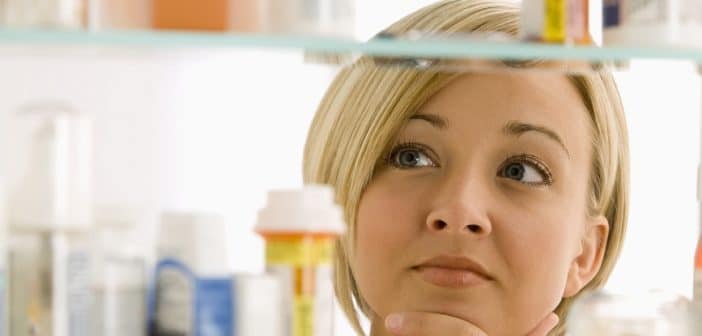This post was originally published on August 10, 2015.
Some people think alcoholics and addicts are complete moral failures who really can choose whether they end up drinking that fifth of vodka or shooting up smack. Typically, these sentiments are uttered by someone who has never struggled with addiction or who has never been in close proximity to an active addict. They only increase the stigma of addiction, which, in turn, keeps people from seeking help.
It’s All in the Brain Chemistry
Now, no less an authority than Nora Voklow, the director of the National Institute on Drug Abuse (NIDA), is trying to do her bit to reduce the shame addicts experience from medical professionals, insurance companies, law enforcement, family members and friends. In an article for the Huffington Post, she argues that we should understand the brain chemistry of addiction and how it affects free will. It’s not enough, she thinks, to end the conversation at “They just have a brain disease.”
Volkow points out that addicts will risk everything that matters to them, their social standing, their monetary standing and their personal relationships, just to get one more hit, even when they desperately want to stop. This is, of course, the very essence of addiction. By explaining what exactly happens in the brain after using drugs, she hopes to convince us that an addict has no capacity for free will.
“[B]ecause of drug use, a person’s brain is no longer able to produce something needed for our functioning and that healthy people take for granted, free will,” she writes.
Vicious Cycle
So what specifically happens in the brain when an alcoholic takes that first sip or an addict snorts that first line?
A lot, apparently.
According to NIDA, dopamine levels spike in areas of the brain that motivate behavior, including the prefrontal cortex that governs self-control and also the pleasure/reward parts of the brain. After a lot of drug use, these brain regions respond less and less to dopamine, and activities that would normally make a person feel good, things like yoga, eating out at the hottest Italian spot with your friends, going to Disneyland or maybe even bungee jumping, don’t do jackshit.
In order to feel even relatively balanced, an addict must get high again. And again and again. It’s a vicious and painful cycle.
Shame Busting
“We can do much to reduce the shame and the stigma of drug addiction, once medical professionals, and we as a society, understand that addiction is not just ‘a disease of the brain,’ but one in which the circuits that enable us to exert free will no longer function as they should,” Voklow writes.
Of course, she’s right. But the other truth is that addicts can choose to get help. Some do and some don’t. Some try to stay clean and can’t, others stay clean their entire lives. As someone who’s been sober for nearly six years but also relapsed over and over for two-and-a-half years, even when I knew one drop of alcohol would destroy my life yet again, I can vouch for the fact that often you just have no choice. Yet, paradoxically, you do have the choice to keep trying to stay clean and sober, which is what I did, and that does take a smidge of free will.
Maybe it’s the will to go to rehab, maybe it’s the will to try detox, maybe it’s the will to go to NA or use methadone or go to SMART Recovery or enroll in a dual diagnosis program, maybe it’s joining the Marines or working for Google.
Put simply, it’s the will to get help.
Sponsored DISCLAIMER: This is a paid advertisement for California Behavioral Health, LLC, a CA licensed substance abuse treatment provider and not a service provided by The Fix. Calls to this number are answered by CBH, free and without obligation to the consumer. No one who answers the call receives a fee based upon the consumer’s choice to enter treatment. For additional info on other treatment providers and options visit www.samhsa.gov.





